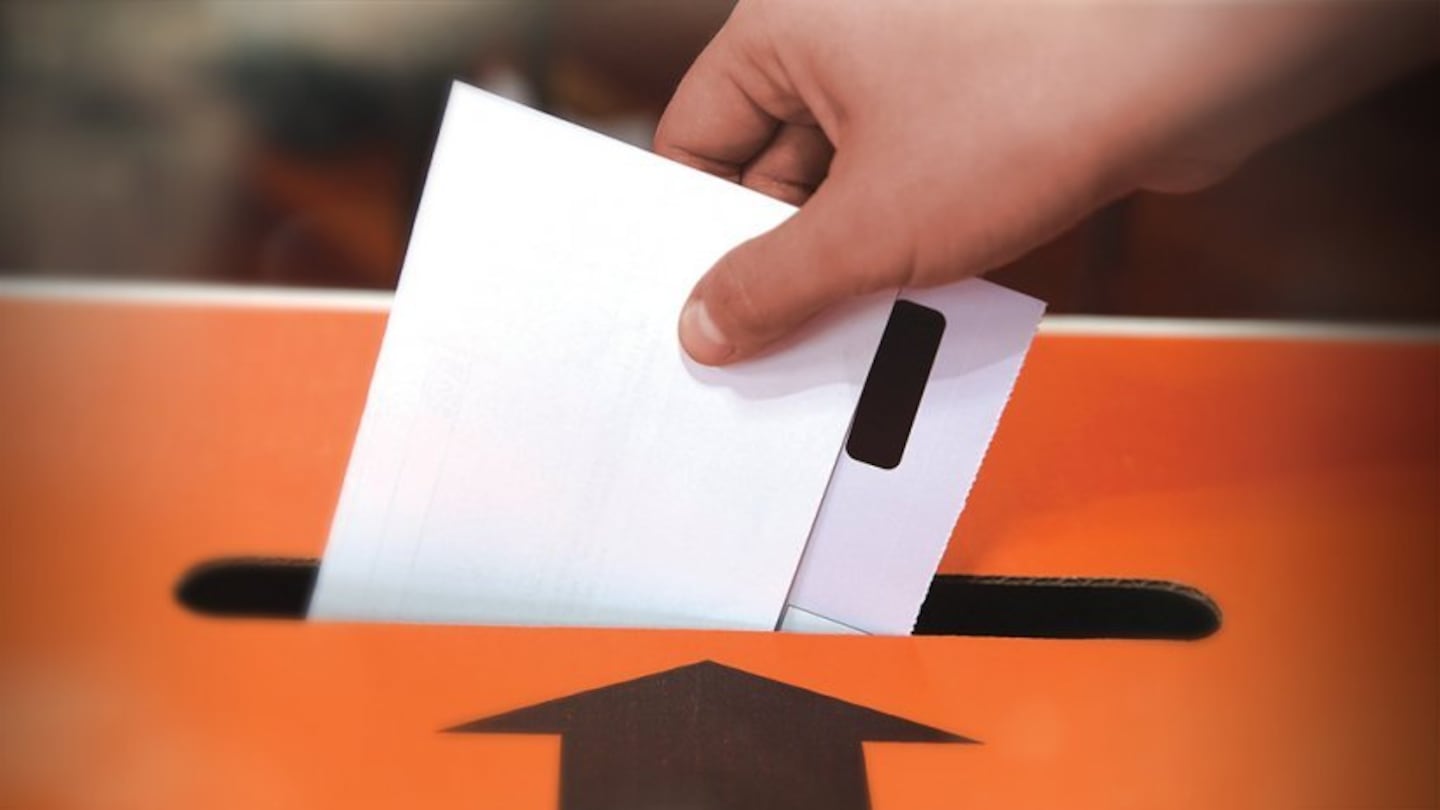More than 10,000 people have made the switch between the general electoral roll and the Māori roll in the wake of a law change passed by the Labour government and National in November last year.
The rare bipartisan agreement to pass the Māori Electoral Option Bill allowed Māori to change their electoral roll at any time up until three months before a general election.
Despite Labour's parliamentary majority, as an amendment to the Electoral Act, the bill required the support of 75 per cent of Parliament.
New data reveals that over the past two months, 5,371 voters of Māori descent have transitioned from the general roll to the Māori roll, while 4,674 voters have moved in the opposite direction.
Before the law change Māori voters could only change roles for a brief window every five years or so, following the latest census.
The new law means roll changes remain open until July 13, while new voters can register on either roll up until the election.
In terms of new enrolments, there have been 1,319 individuals who have registered on the Māori roll and 969 on the general roll. Overall, this translates to a net increase of 1,047 voters on the Māori roll.
Aiming for imnpact
About 14,000 people have used the opportunity to update their details on the electoral roll, such as address changes.
Lindsay Te Ata o Tū MacDonald, a senior lecturer at the University of Canterbury and Māori political scientist, told Waatea the choice was not only influenced by how people identify but also by the desire to have an impact on the electorate.
"In the East Coast, for example, you might want to vote for Kiri Allen and you need to be on the general roll," MacDonald said.
"in Tāmaki Makaurau, you might want to be on the Māori roll so you can have a deciding vote."
"Last time Peeni Henare won by only about 900 votes," MacDonald explained.
While the selection of a preferred candidate matters, MacDonald emphasised that it was the party vote cast by individuals that ultimately determined the composition of the next government.
Earlier this week a poll from Australian pollster Roy Morgan, which boasted the most accurate prediction for Labour's 2020 landslide victory, said that the Māori Party's potential six seats, placed them in the driver's seat to decide who would govern the country after October's general election.



